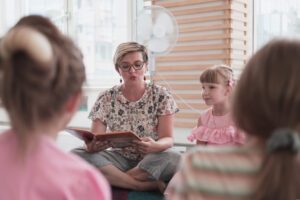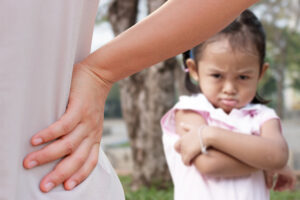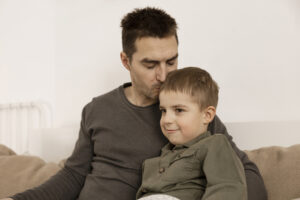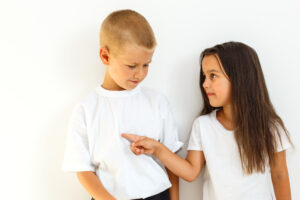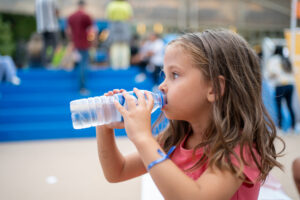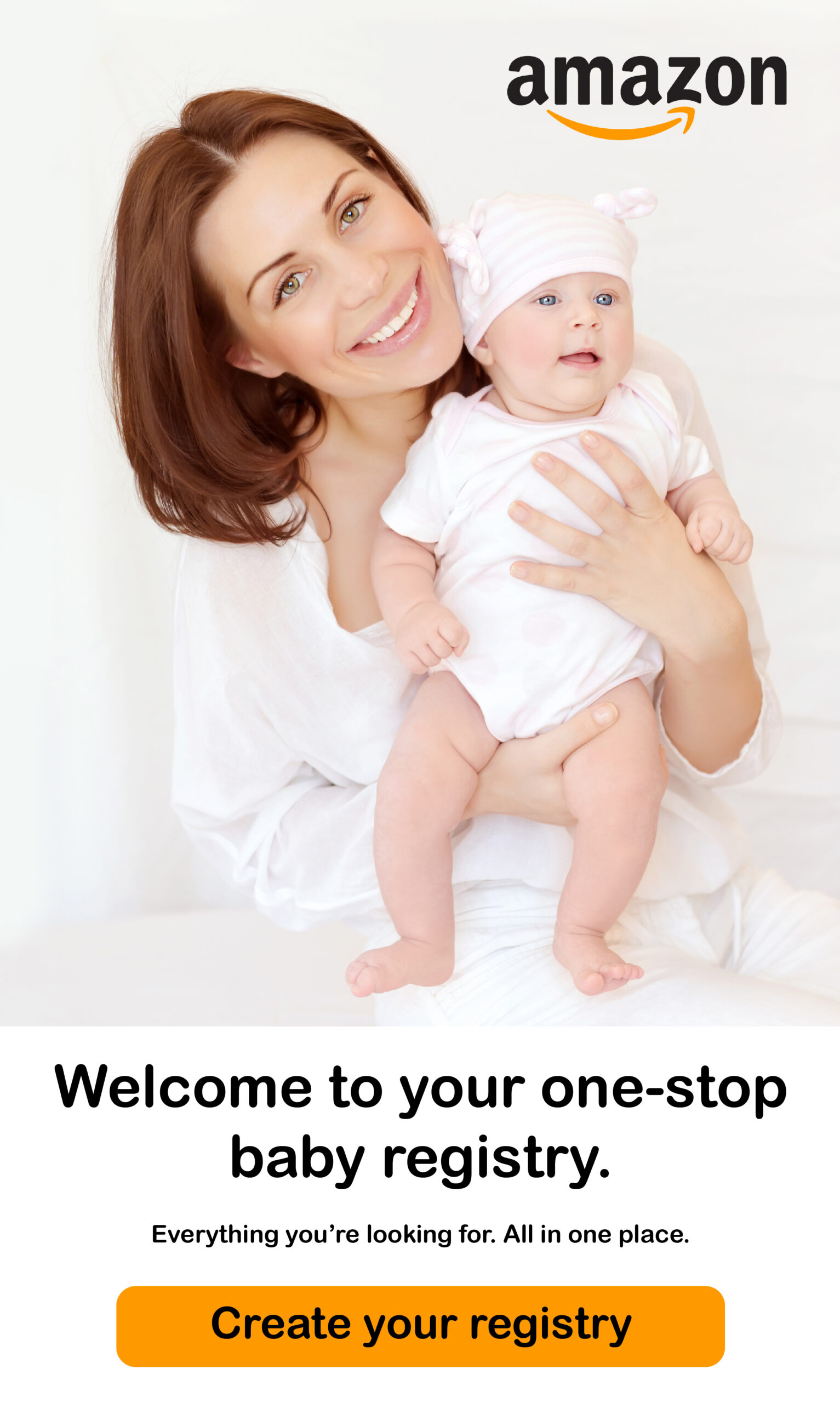As a childhood educator working with children between 3 months and 5 years old, I’ve had the privilege of being part of many little ones’ lives, guiding them through their early years of development.
One of the most rewarding experiences in my journey in childcare has been witnessing children hit their speech milestones. Speech development is a fascinating process, and every child’s journey is unique.
In my years of working with toddlers, I’ve observed several key signs that indicate a child is hitting their speech milestones. Let me share some insights and tips based on my personal experiences.
The Joy of First Words
The first time a child says “mama” or “dada” is a momentous occasion in any parent’s life. It’s been my secret weapon to always encourage this early speech through constant verbal interaction.
From what I’ve experienced, talking to your child about what you’re doing, even if it’s just household chores, helps them to make connections between words and actions.
1. Understanding Babbling
Before those first words, babies start with babbling. I’ve found that babbling isn’t just random sounds; it’s the foundation of language development.
Around 6 months, babies begin to produce repetitive syllables, such as “ba-ba” or “da-da.” This is an exciting sign that they’re on the right track. I’ve personally seen how responding to babbling with excitement and conversation encourages more vocal attempts.
2. The First Words
Around their first birthday, most toddlers start saying actual words. In my experience with children, these early words are usually names for familiar people, favorite toys, or common requests like “more” or “up.”
Celebrating these words and responding to them reinforces their importance and encourages your toddler to keep trying new words.
3. Expanding Vocabulary
As toddlers grow, so does their vocabulary. It’s fascinating to witness this explosion of new words. By the age of 2, many children have a vocabulary of about 50 to 100 words.
I’ve personally tested this technique of introducing new words in context, and it’s incredibly effective. For example, when playing with a ball, I emphasize the word “ball,” describe its color, and talk about what we’re doing with it.
4. Combining Words
One of the most significant milestones I’ve observed is when toddlers start combining words into short phrases, typically around the age of 2.
This jump from single words to phrases like “more juice” or “big truck” is a clear indicator of their developing speech skills. In my work in early childhood education, I’ve encouraged this by modeling simple sentences and praising their efforts.
5. Following Directions
Another sign of language development is a toddler’s ability to understand and follow simple directions. I’ve seen how asking children to “bring the ball” or “sit down” not only tests their comprehension but also encourages them to process and act on verbal cues.
Fostering an Environment for Speech Development
Creating a nurturing environment for speech development is crucial. In my experience, children thrive in spaces where they feel safe, heard, and motivated to express themselves.
Reading Together
Reading has been a cornerstone activity in my years of working with toddlers. It introduces new vocabulary, concepts, and the rhythm of language.
I’ve found that interactive reading sessions, where I ask questions about the story and encourage toddlers to point to pictures, significantly boost language skills.
Singing and Music
Music and singing are not just fun; they’re also incredibly beneficial for speech development. Songs teach rhythm, tone, and the natural flow of language.
I’ve personally used singing as a daily activity, and it’s been amazing to see how quickly children pick up on lyrics and try to sing along.
Encouraging Conversation
Conversations, even with very young children who may not fully respond yet, are essential. I’ve tried and seen the power of treating toddlers’ attempts at communication with respect and interest.
This means listening intently, responding, and adding to what they’re saying. It’s been my experience that this dialogue fosters confidence and further speech development.
Final Thoughts
Watching a child’s progression in speech from babbling to forming their first sentences has been one of the most rewarding aspects of my career.
Each child’s journey is unique, but the joy of hitting those speech milestones is universal.
From what I’ve experienced, patience, encouragement, and engaging in plenty of verbal interaction are key.
Remember, every child develops at their own pace. In my years of working with toddlers, I’ve seen some children speak in full sentences earlier than others.
What’s important is to provide a supportive and enriching environment that encourages their natural curiosity and desire to communicate.
Celebrate the milestones, big and small, and enjoy the journey of language development with your little one.




